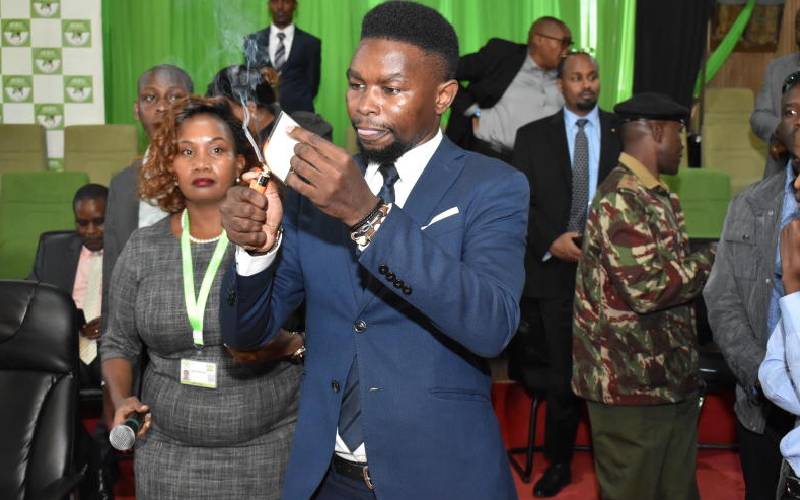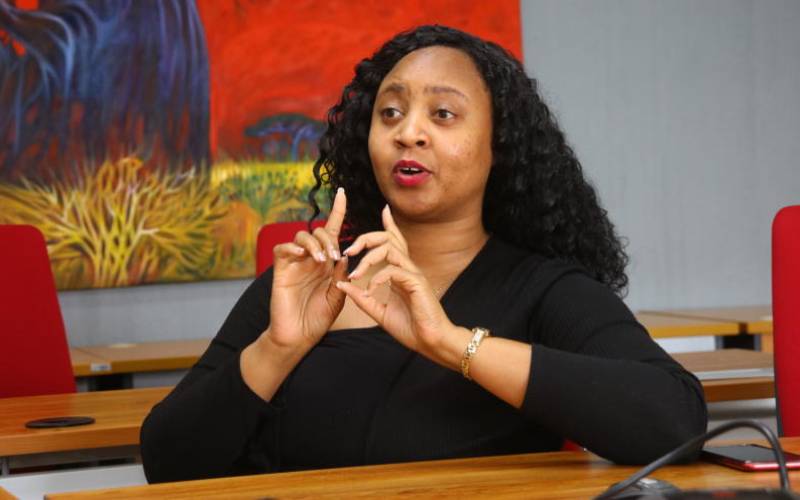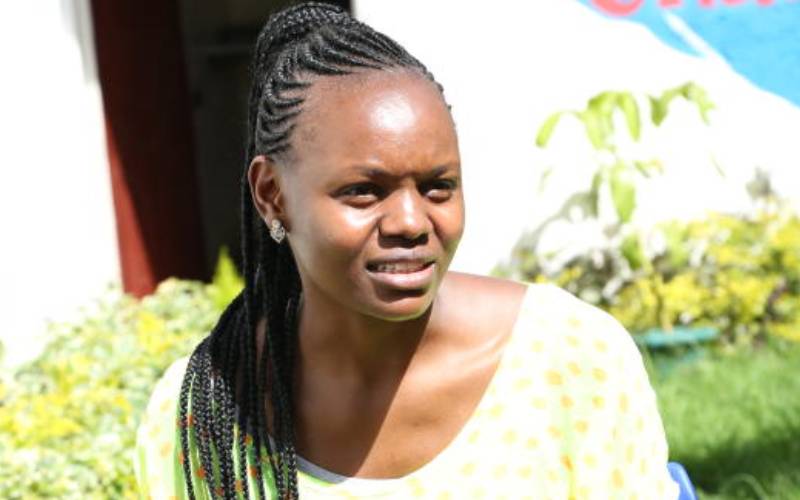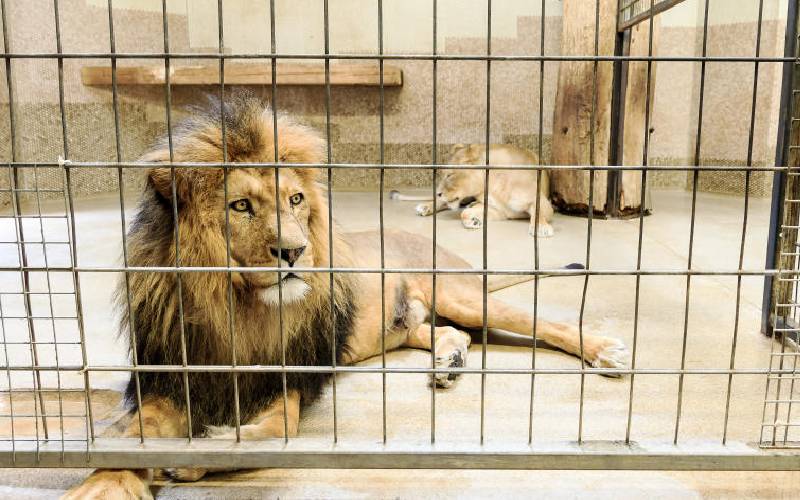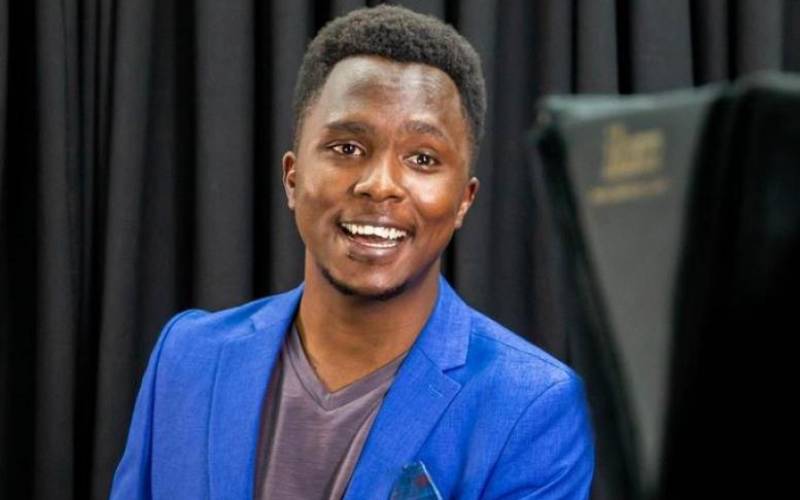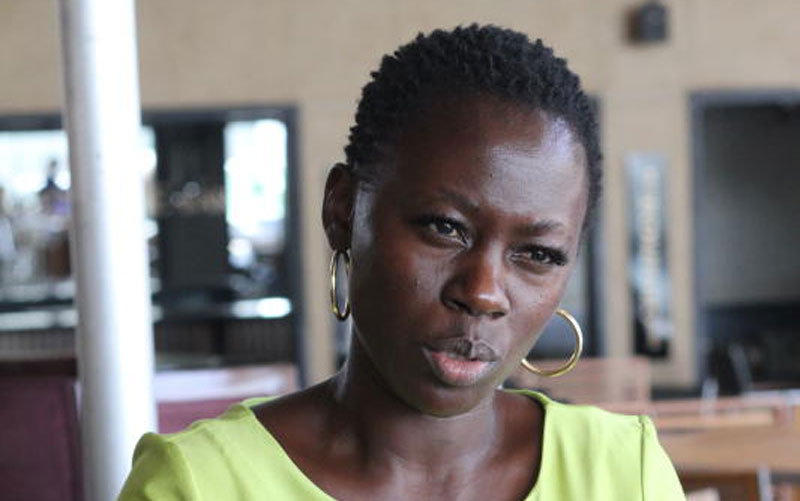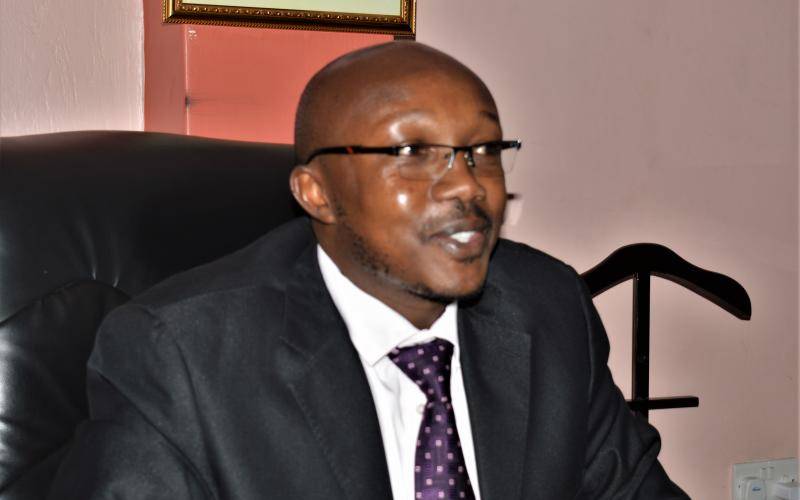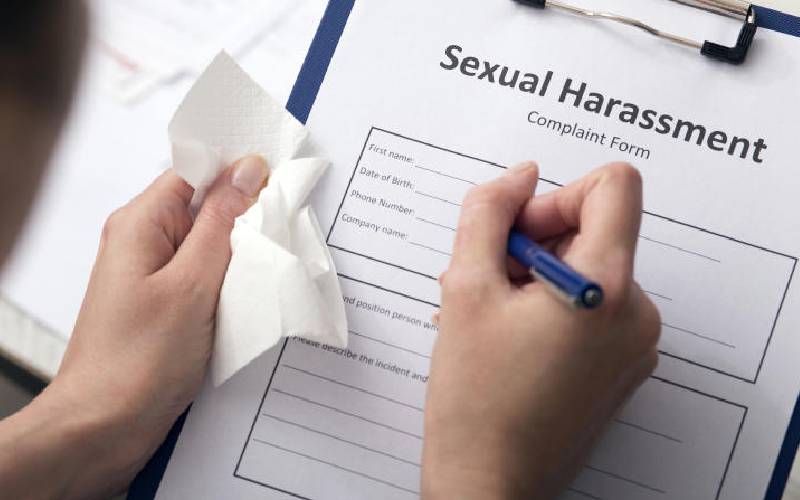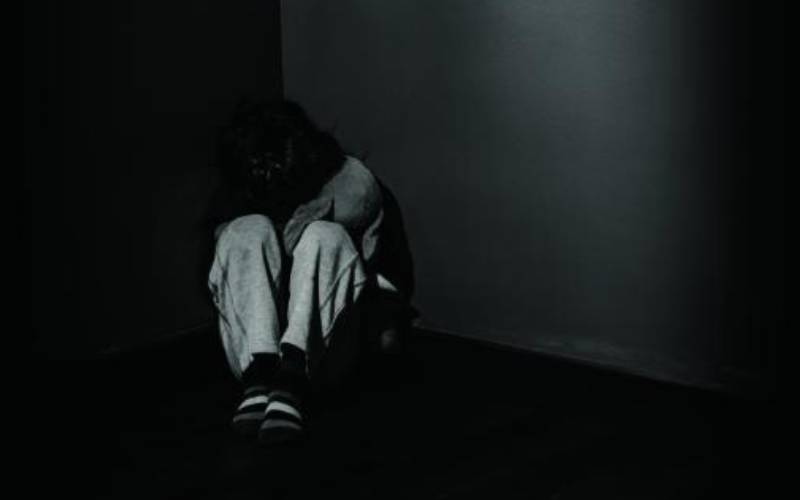
Society believes people with mental problems are cursed or demon-possessed, and this delays access to healthcare. [Courtesy]
At age 14, Charity Muturi started having suicidal thoughts. She kept it a secret since she was scared her family would judge her.
She had alternating bouts of excess energy. She was irrational and always felt low. Sometimes she would isolate herself.
Facts First
This story continues on The Standard INSiDER. Subscribe now for unfiltered journalism that holds power to account.
Already have an account? Login
 The Standard Group Plc is a multi-media organization with investments in media
platforms spanning newspaper print
operations, television, radio broadcasting, digital and online services. The
Standard Group is recognized as a
leading multi-media house in Kenya with a key influence in matters of national
and international interest.
The Standard Group Plc is a multi-media organization with investments in media
platforms spanning newspaper print
operations, television, radio broadcasting, digital and online services. The
Standard Group is recognized as a
leading multi-media house in Kenya with a key influence in matters of national
and international interest.

